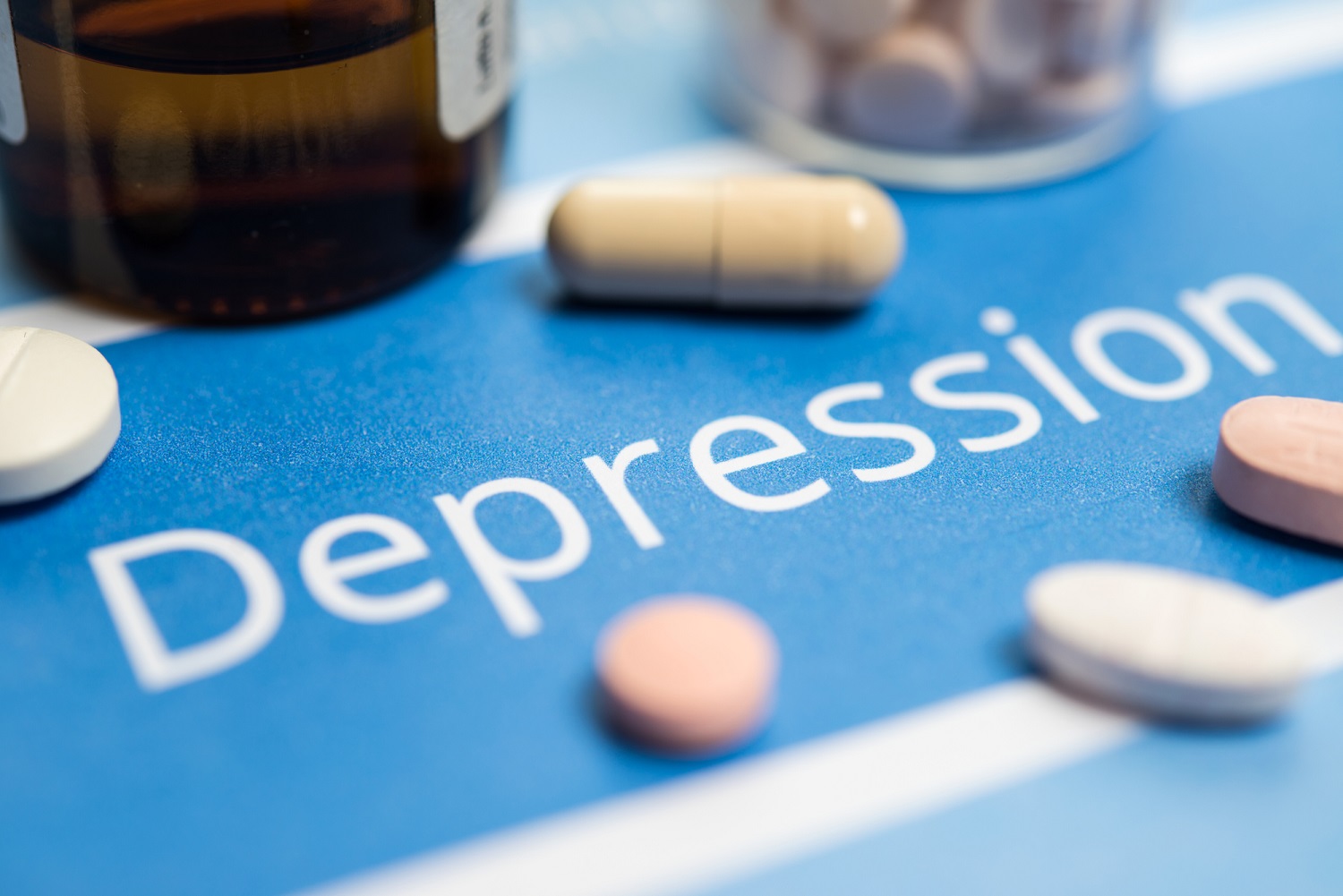As we know all too well, depression is the leading cause of disability worldwide and antidepressants simply aren’t getting the job done. As researchers look to other sources for depression treatments, it turns out that one viable option may be as simple as a mineral supplement. Research on magnesium as a treatment for depression is only just beginning, but so far the literature indicates that it may be wise to not skip out on your vitamins and minerals.
For many years now, scientists have established an association between depression symptoms and magnesium intake. There have been numerous reports and case studies of people showing improvement in depression symptoms from supplementing with magnesium. When it comes to clinical trials, however, they are far and few between, making it difficult for physicians to establish magnesium as a recommendable treatment. In 2017, Tarleton et. al conducted a randomized clinical trial to get some hard data on the table.
This study was an open label randomized cross-over control trial occurring over a period of 12 weeks. Researchers examined 12 adult participants with mild to moderate depression. The study was broken into two 6-week periods, and all participants were assigned to receive magnesium either immediately or at week 7 (delayed). During the other 6 weeks, participants received no treatment.
As for the type of magnesium, researchers provided tablets of magnesium chloride, chosen for its high bioavailability and tolerability. Participants were instructed to take four 500mg tablets every day for a total of 248mg of elemental magnesium each day.
Researchers measured depression symptoms using PHQ-9 scores taken at baseline and at the end of each 6-week period. The primary outcome of the study was the difference in scores between each period. There were also some exploratory secondary outcomes such as side effects, adherence to the supplement regimen, and intention to use magnesium supplements again in the future.
The results showed that magnesium did indeed improve depression symptoms by a clinically and statistically significant mean. The effect was seen across participants of varying ages, co-treatments, and symptom severity. The improvement was seen within weeks, and the supplement’s effect diminished somewhat after 2 weeks of stopping supplementation. Additionally, the participants who were currently taking an SSRI showed an even greater response to the magnesium, which suggests its potential for augmentation of antidepressants.
Researchers also noted the mechanisms of action thought to be at play in regards to magnesium’s effect on depression symptoms. Magnesium impacts a number of hormones, neurotransmitters, enzymes, and pathways involved in mood regulation. In states of low magnesium, there are higher levels of calcium and glutamate, which may deregulate synaptic function, resulting in depression. Depression and magnesium are also both associated with systemic inflammation.
This study indicates that magnesium could certainly be a safe, fast, and inexpensive option for treating symptoms of depression or for supplementing other forms of treatment. Of course, further clinical trials are needed to solidify these findings and expand our understanding of magnesium’s effect on depression. This particular study is limited by its small participant pool and open-label design, but provides a foundation for further research nonetheless. It is the first ever study examining magnesium for depression conducted in the United States, and the exclusion criteria from the participants was minimal, so its findings are statistically powerful despite the few number of participants.
Researchers noted that because it is well-tolerated and easily accessible, magnesium may be a promising option for individuals who are hesitant to start antidepressant treatments that may be pricier or have a greater risk of side effects. We hope to see more literature in the future solidifying magnesium’s potential to help individuals with depression.






















